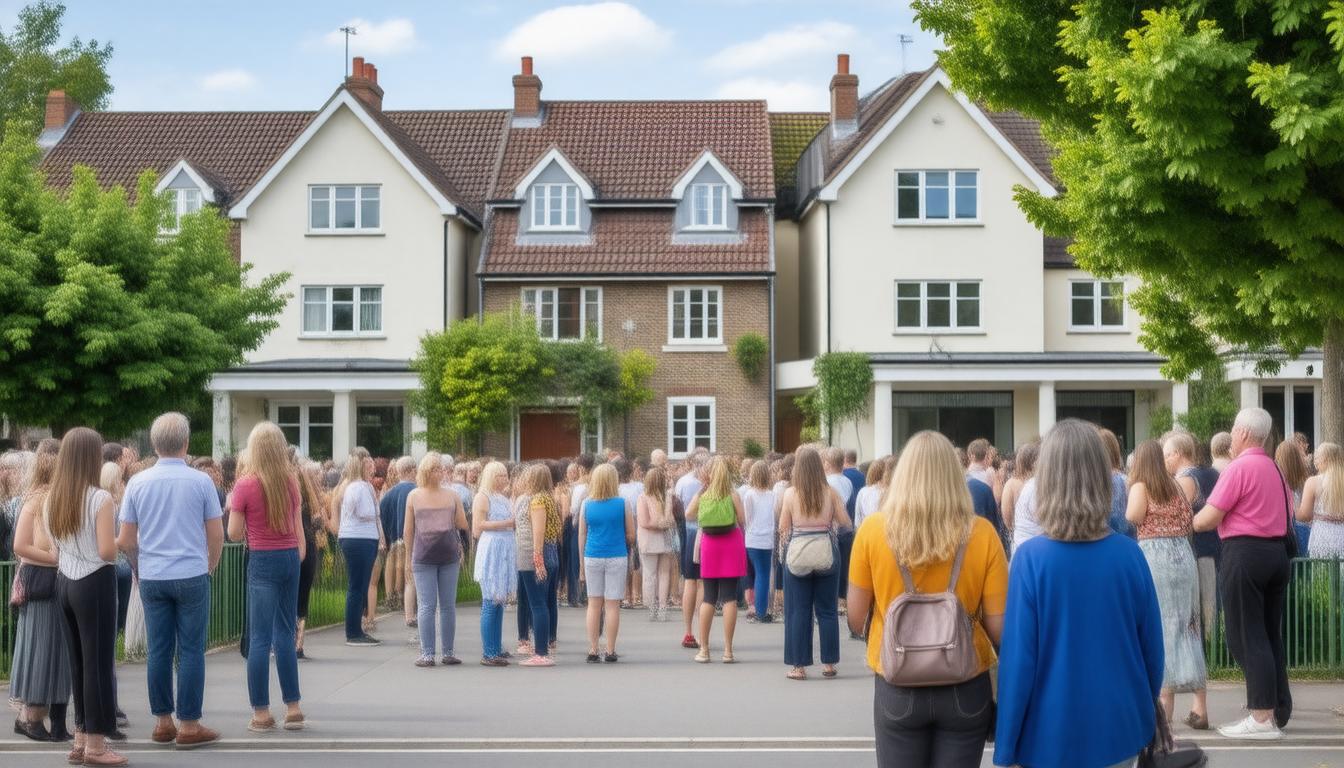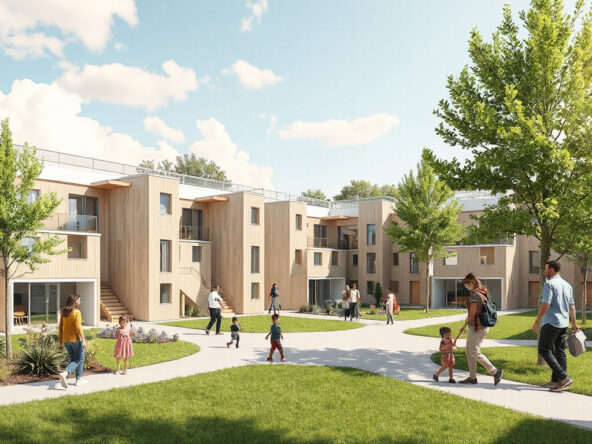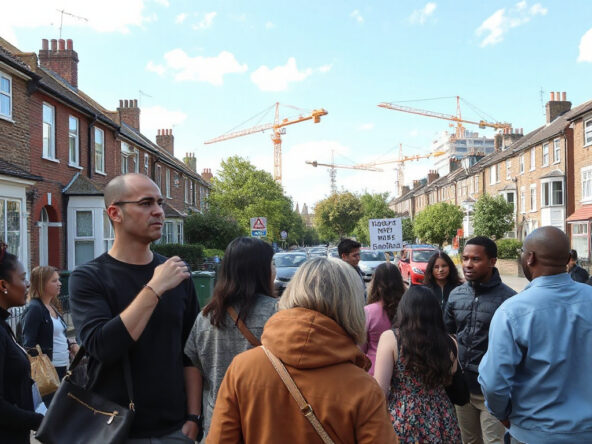Residents of Sunbury, Surrey, are increasingly anxious about the surge in Houses of Multiple Occupation (HMOs) in their neighbourhood. They fear that their community might undergo a transformation akin to that observed in Hounslow, driven by the growing number of such properties. HMOs often cater to students and young professionals seeking affordable housing but have sparked changes in community dynamics and local culture. One local resident, Richard Evans, recently shared his distress regarding the impending conversion of a nearby property into a six-person HMO, stating that the situation has adversely affected his mental health. Evans criticizes the local council for not adequately addressing the spread of HMOs, many of which he believes are being established without proper planning permissions. This situation encapsulates widespread concerns among residents regarding the future of their community as HMOs become more prevalent.
Key Takeaways
- The rise of Houses of Multiple Occupation (HMOs) in Sunbury is causing anxiety among residents worried about community changes.
- Residents feel the local council is not adequately managing the increase of HMOs, leading to feelings of helplessness.
- The transformation of neighborhoods into areas with a high concentration of HMOs can negatively impact residents’ mental health and community cohesion.
Impact of HMOs on Local Community Dynamics
Residents in Sunbury, Surrey, are increasingly alarmed by the rising number of Houses of Multiple Occupation (HMOs) in their area, fearing a shift in community dynamics akin to that experienced in nearby Hounslow. HMOs, which facilitate shared living spaces for individuals from varying households—often attracting students and young professionals due to lower rental costs—are becoming a contentious issue among locals. Richard Evans, a concerned resident, shared his anguish over the transformation of a nearby property into a six-person HMO, stating that the imminent changes have negatively affected his mental well-being. He has voiced criticism towards the local council for their inadequate management of HMO proliferation, particularly pointing to a lack of stringent planning permissions that leaves residents feeling powerless against these developments. This situation is indicative of broader anxieties regarding how the influx of HMOs might disrupt the social fabric and character of local communities (Smith et al., 2024). As communities grapple with these issues, the call for more comprehensive regulations and community engagement grows stronger to ensure sustainable living arrangements in Sunbury and beyond.
Residents’ Concerns and Local Council Response
In response to these rising concerns, the Spelthorne Borough Council has initiated discussions focusing on potential regulatory measures to address the growing prevalence of HMOs in Sunbury. Council members have acknowledged the residents’ apprehensions, particularly regarding issues of noise, safety, and community identity that often accompany HMOs. Councillor Sarah Edwards highlighted the importance of balancing housing needs with the desire for community cohesion, stating that, ‘We understand that while HMOs provide valuable housing solutions, their unchecked growth can lead to significant disruptions in local areas.” The council is currently exploring options such as Article 4 Directions, which would require planning permission for the conversion of single-family homes into HMOs, effectively giving local authorities more control over housing developments (Spelthorne Council, 2024). Furthermore, the council plans to hold a series of public consultations, allowing residents to voice their opinions and concerns directly, ensuring that the local community participates in shaping its future. This proactive approach is seen as essential in addressing the complexities surrounding HMOs and preserving the character of Sunbury as a residential community.




